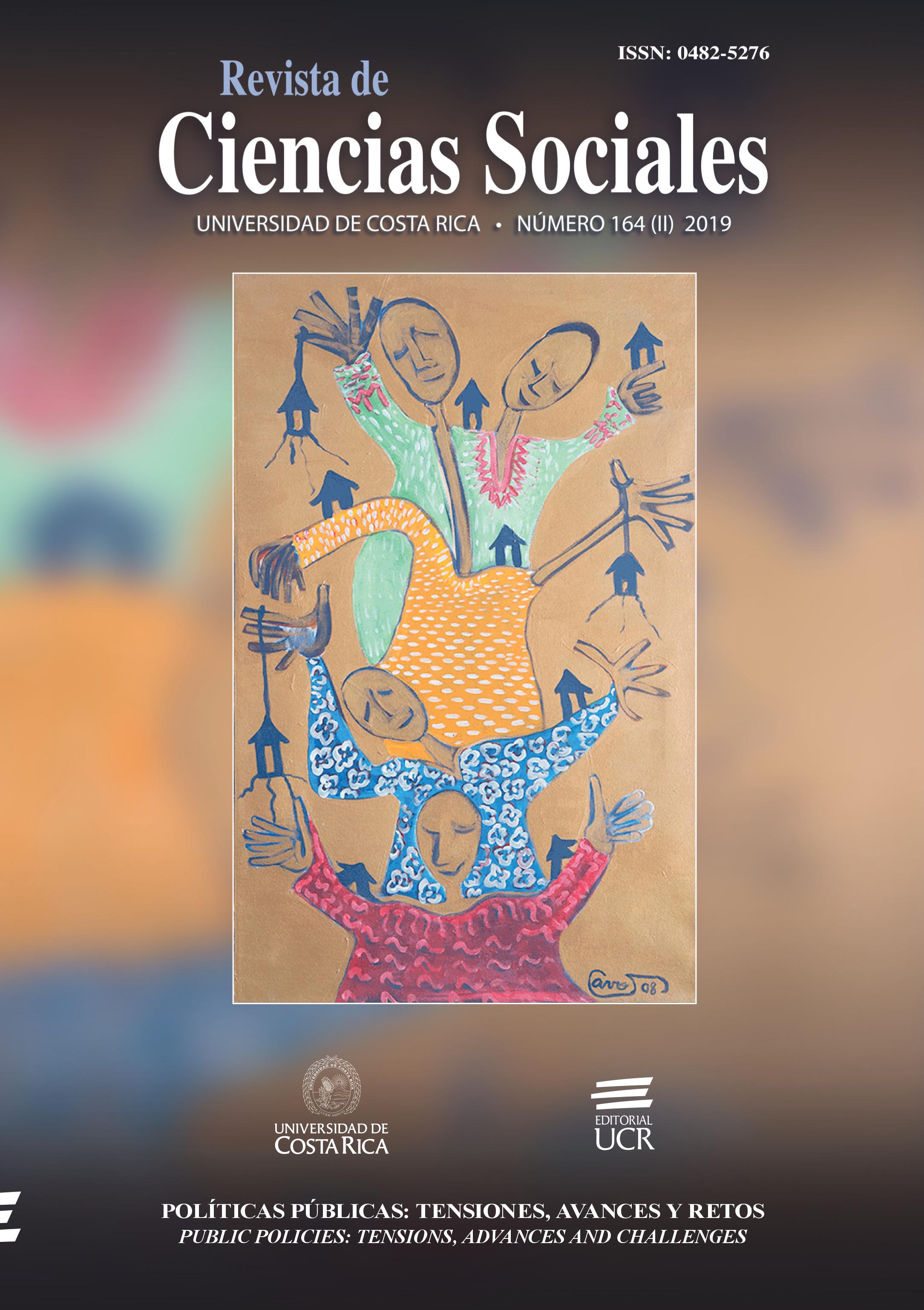Abstract
The article focuses on the proximity programs that have been implemented in Uruguay since 2012 and that considered proximity work with recipients as one of their innovations. Based on an investigation carried out in 2016, which involved the analysis of documentary sources and the conduct of 60 interviews, it is concluded that this form of approach is not well founded and that the concrete form that it adopts collaborates with processes of individualization of poverty.


